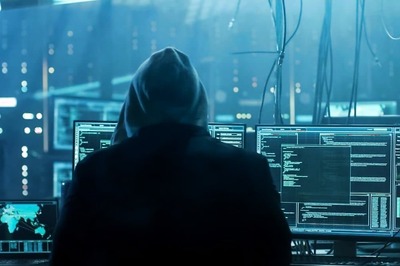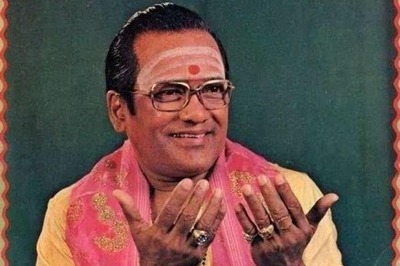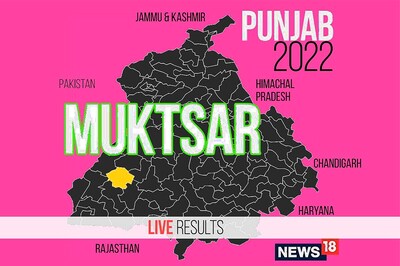
views
Sunnyvale: A California startup is making new hit movies such as "The Fighter" available for instant viewing online through a loophole: It lets customers rent a DVD and a player that are actually located in the Silicon Valley.
By doing this, Zediva Inc. wants to circumvent the usual, sometimes lengthy waiting period that movie studios impose on Netflix Inc. and other companies that offer streaming of movies to Internet-connected TVs, laptops and other gadgets.
Companies are legally allowed to rent physical copies of DVDs without permission from the movie studios, the way libraries are allowed to freely lend out books. Internet streaming rights, however, generally require separate payments, and studios have typically been reluctant to license newer movies for fear that would cut into DVD sales.
Zediva believes it can get around those restrictions by tying Internet streaming to a physical DVD kept at the company's data centers.
"We are renting DVDs just like any DVD rental service," said founder Venky Srinivasan, who came up with the idea for Zediva while traveling and missing access to his DVD-by-mail service. "It's the same as what has been done for the past 30 years."
Still, it is a bold move and could face legal challenges.
The Motion Picture Association of America, which represents the major movie studios, declined to comment. Sony Pictures had no comment and other studios did not immediately return messages for comment.
Copyright lawyer Bob Garrett, however, called the service "cute but illegal." He said there's a clear difference between brick-and-mortar movie rental stores and Zediva's online service because Zediva is transmitting programming over the Internet. That requires a separate copyright permission.
He said there is a "long line of cases" that do essentially the same thing, though using different technologies, as Zediva. In one instance, a hotel in California was taking DVDs or video tapes and playing them in a machine at the front desk, and transmitting movies up to individual hotel rooms on demand.
"The court said it was a violation of public performance right," Garrett said.
In another case, the hotel gave guests the physical DVD player and movie to take up to their room. That was not a violation.
"The difference is the transmission" he said. "That's what converts it into a public performance."
Zediva, which says it has spent two years developing its technology, is charging $1.99 per movie. The company promises viewers the same kinds of controls they would enjoy with a DVD player at home, including pausing, rewinding and subtitles.
Customers have control of the DVD they rent for four hours and are allowed to pause the movie for no more than an hour within that time. If they don't want to watch it in one sitting, they can return it and continue watching it for up to 14 days at no charge.
Only one person can rent a DVD at one time, meaning that if Zediva bought 20 copies of a movie, only 20 people can watch it simultaneously. Still, Zediva saves money because it could serve many more customers with the same physical copy of a DVD than a company that has to mail out a DVD and wait for its return.
Srinivasan would not say how many users signed up for Zediva on Wednesday. The company has been testing the service with a few thousand people for a year. He also would not say how many copies of a DVD the company buys, only that it forecasts demand.
"If there is more demand for a particular title, we get more," he said, adding that although the company plans for peaks, there could be times when a movie is not available.
Currently, Apple Inc. and Amazon.com Inc. offer movie rentals online, but movie studios pick which titles are available and share revenue. Netflix Inc. offers Internet streaming of movies as part of monthly subscription packages, but generally only for older movies for which Netflix has negotiated rights. Movies can take months or years, if ever, to become available on Netflix for Internet streaming.
More recent movies tend to be available only on DVD, and in those cases Netflix and others have reached deals with some movie studios to wait 28 days after the DVDs first go on sale before offering them to customers. (There's no delay if the rental company hadn't reached a deal with the studio releasing the movie in exchange for perks such as bulk pricing or streaming rights on other movies.
If the service takes off and survives any legal challenges, it could compete with Netflix and others that have to abide by the delays.
On Wednesday morning, it had Danny Boyle's "127 Hours" available to stream — a movie that Netflix users won't be able to rent even physical copies of until March 29. Other new movies, such as "The Fighter" and "The American," were also listed, though these two were rented out.




















Comments
0 comment